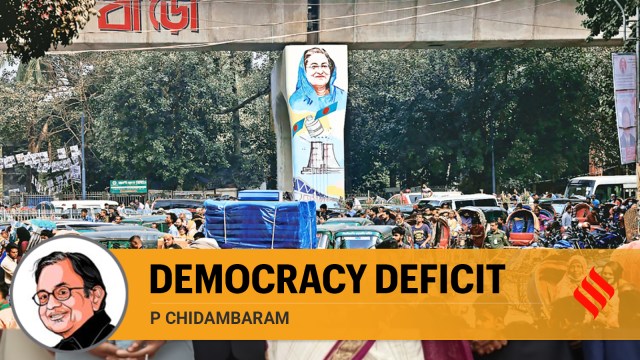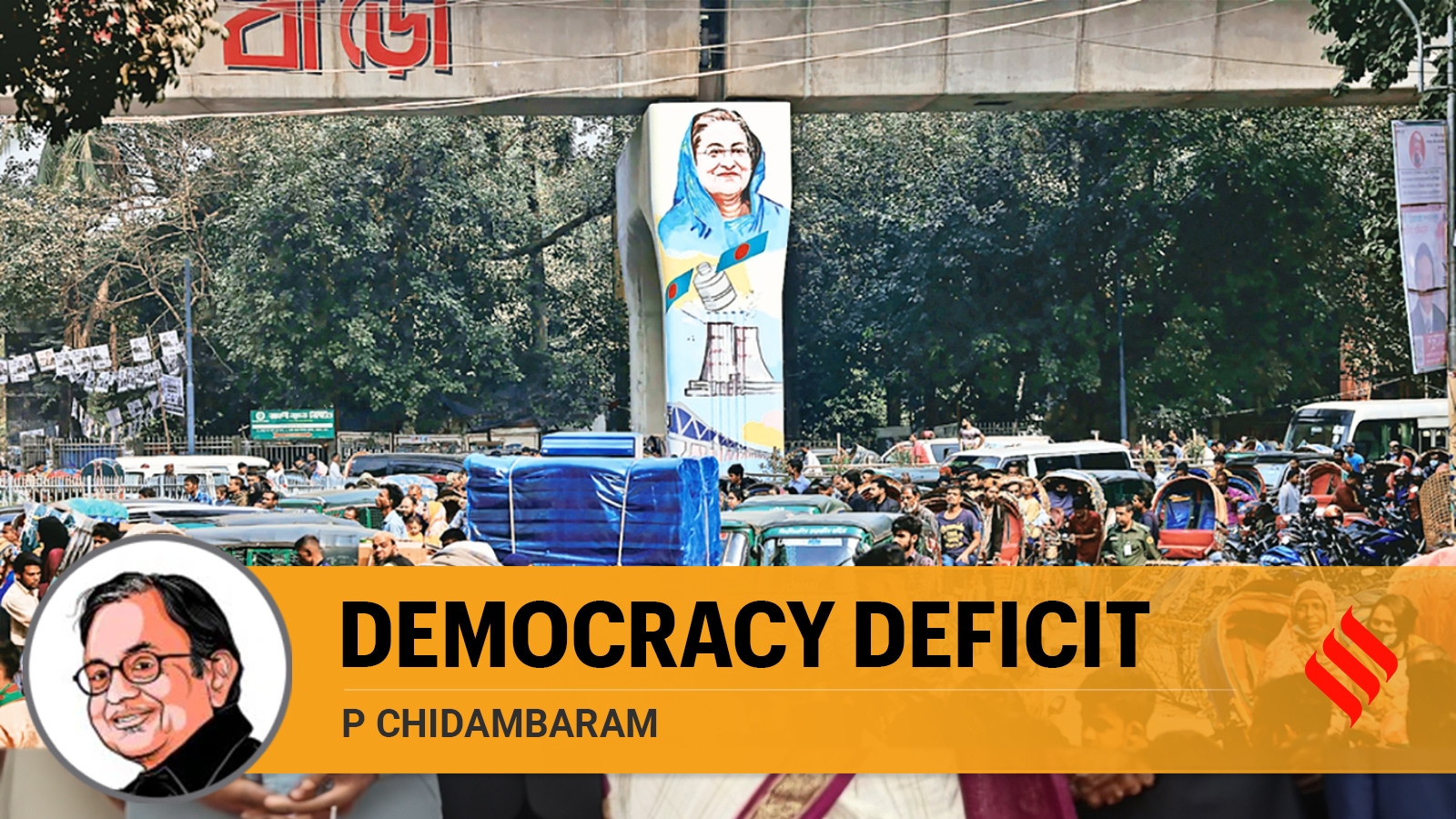
On July 4, 1776 thirteen states of America declared their independence. More than 200 years have elapsed since the French Revolution (1789-1799). Australia was the first colony to become free from the British Empire in 1901. India won its independence in 1947. The U.S., France and Australia are still independent and democratic. Not all countries that became free from the colonial power (Britain, France, Belgium, Portugal, etc.) are still ‘free’ in the sense that their citizens enjoy human freedoms and are able to elect a government of their choice in a free and fair election. According to one estimate, only 20 per cent of the world’s population live under freedom. Happily, Indians are among them.
Democracy Not A Given
Democracy is not a given. Pakistan became free on August 14, 1947 but came under military dictatorships several times. Our neighbour, Bangladesh, then a province of Pakistan, was under the heel of a military dictatorship that ruled Pakistan; a guerilla movement gained strength and became a struggle for freedom; India intervened; and Bangladesh became an independent country in 1971. But between 1975 and 1991, there were several military rulers. The two main political parties, Awami League and Bangladesh National Party (BNP), joined hands to depose the military ruler and a civilian government took office in 1991.
Begum Sheikh Hasina was first elected in 1996. She was re-elected in 2008, 2014, 2019 and 2024. The Opposition parties boycotted the last election. The 2024 election’s ‘freeness and fairness’ have been seriously doubted by well-informed persons and governments. India decided that being politically correct was the better part of principles.
Progress No Immunity
Under Sheikh Hasina, Bangladesh had recorded notable economic progress. Its per capita income is higher than India’s as well as that of other South Asian countries such as Sri Lanka, Pakistan and Nepal. On the Human Development Index, Bangladesh’s rank is next only to Sri Lanka’s; and it ranks higher than India, Nepal and Pakistan. Bangladesh has reduced its IMR to 21-22 while India’s is 27-28; only Sri Lanka’s IMR is lower at 7-8 (source: The Hindu). Side by side, the Freedom House has castigated Bangladesh’s poor record on elections, on the state of the media, on the independence of the judiciary, and on the personal freedoms of citizens. Rulers think that economic progress will prevail over the decline of democracy or rising dissatisfaction over unemployment, inequality and discrimination, but that is seldom true. In Bangladesh, the dam burst on the flood of opposition to what, in the perception of the students, was a biased and nepotic reservation policy in government jobs.
Meanwhile, the momentum of economic growth slowed down, prices increased and jobs were scarce. Sheikh Hasina’s government was in denial — the common fault of autocrats. The trigger was the reservation policy but the protesters soon included other perennial grievances such as corruption, police brutality and judicial passivity. It is a familiar story.
Close The Deficit
Street demonstrations do not invariably succeed. Such protests have indeed toppled governments, for example, Sri Lanka’s. On the contrary, the Arab Spring, that seemed to have succeeded when Hosni Mubarak was forced to quit, ultimately failed when another military ruler assumed power ousting an elected President. Mass protests take place when most of the people completely lose hope that a government can be changed through a fair election. When that route is shut in election after election, the flood of opposition will swell and the dam will burst. However, there is a downside to street protests. All can join such protests, and that may include radical or terrorist groups as, it is believed, has happened in Bangladesh. Foreign nationals may be vulnerable. Minorities are especially vulnerable and their homes, businesses and places of worship may be vandalized.
Bangladesh’s situation is not unique. People of many countries face the same plight. It is the democracy deficit that forces the people’s anger to pour into the streets. The answer is to fill the defict. The United States and Britain have nearly perfected the art of closing the deficit. Faced with mounting dissatisfaction, Prime Ministers such as Thatcher, Johnson and May stepped down in the U.K. and allowed the party to elect a new leader. U.S. Presidents such as Lyndon Johnson and Joe Biden declined to seek re-nomination as a candidate. Accountability is enforced and resignations are secured. Term limits are very useful. A truly free media is a vent. A Supreme Court that will fearlessly exercise its authority and act as the sentinel on the qui vive is a great solace. Truly free and fair elections, on schedule and guaranteed and delivered by an independent Election Commission, is a balm to the poor, neglected and oppressed. In my view, a Parliament that meets every month and allows verbal battles every day between the ruling Party and the Opposition without undue interference from the Chair is the ultimate answer to the democracy deficit.
Bangladesh paid a heavy price for the democracy deficit. I grieve for those who died.
© The Indian Express Pvt Ltd
First uploaded on: 11-08-2024 at 07:05 IST



